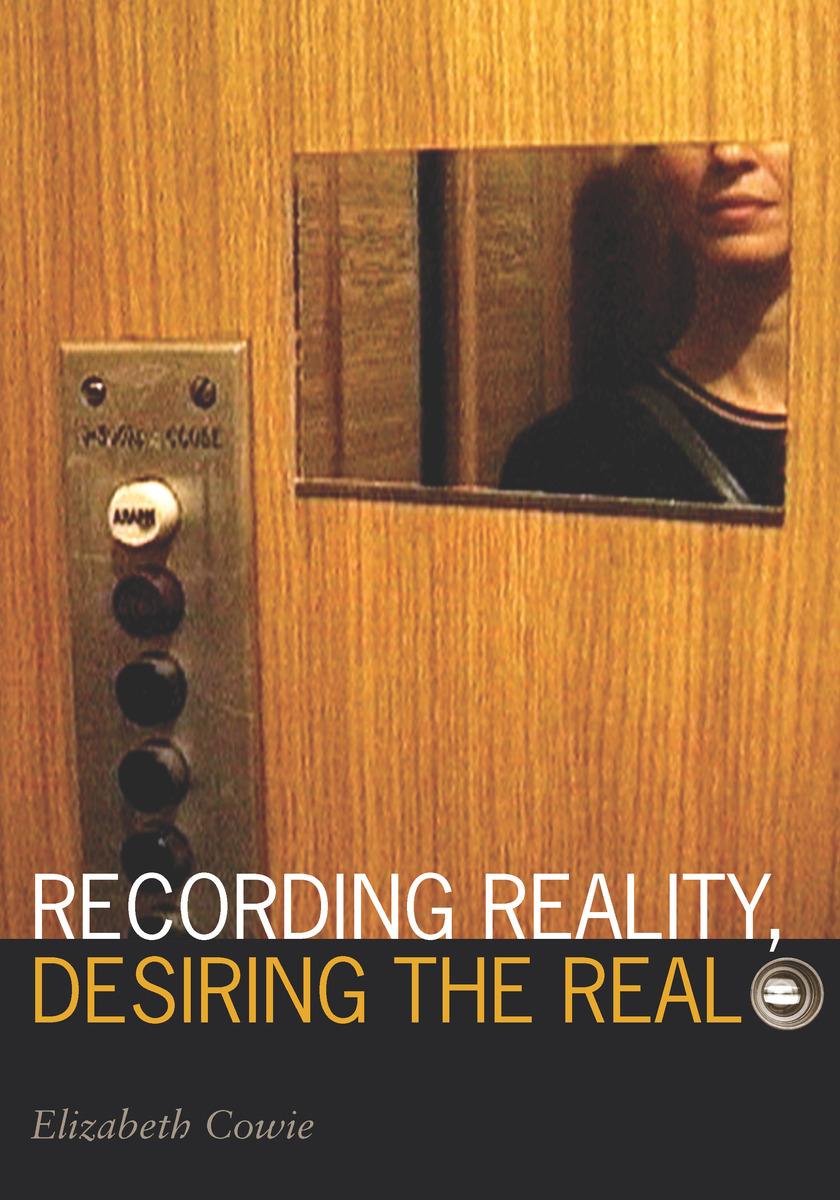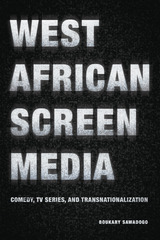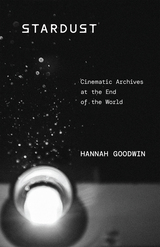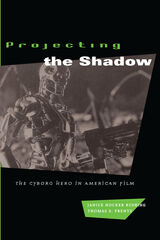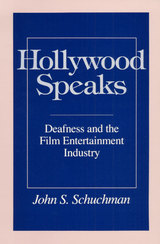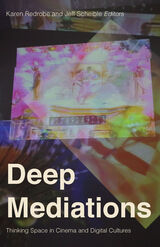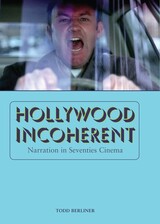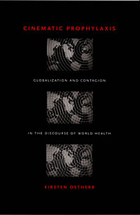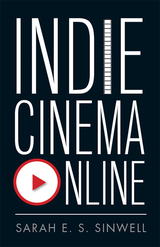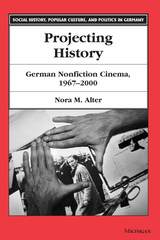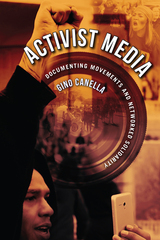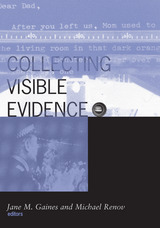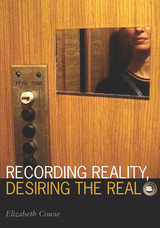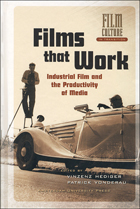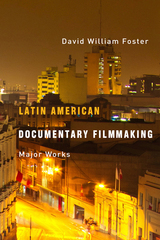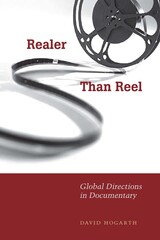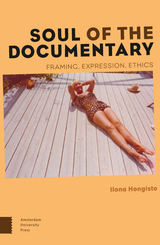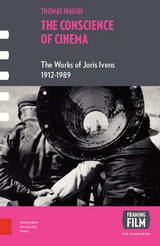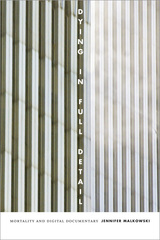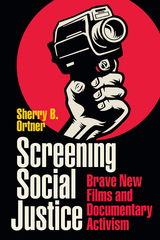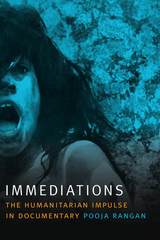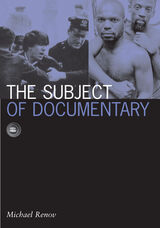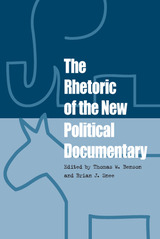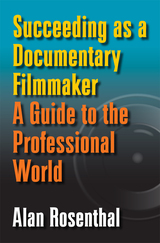Recording Reality, Desiring the Real
University of Minnesota Press, 2010
Cloth: 978-0-8166-4548-0 | Paper: 978-0-8166-4549-7
Library of Congress Classification PN1995.9.D6C69 2011
Dewey Decimal Classification 070.18
Cloth: 978-0-8166-4548-0 | Paper: 978-0-8166-4549-7
Library of Congress Classification PN1995.9.D6C69 2011
Dewey Decimal Classification 070.18
ABOUT THIS BOOK | AUTHOR BIOGRAPHY | REVIEWS | TOC
ABOUT THIS BOOK
Cowie claims that, as a radical film form, documentary has been a way for filmmakers to acknowledge historical and contemporary realities by presenting images of these realities. If documentary is the desire to know reality through its images and sounds, she asks, what kind of speaking (and speaking about) emerges in documentary, and how are we engaged by it? In considering this and other questions, Cowie examines a range of noteworthy films, including Spike Lee’s When the Levees Broke, John Huston’s Let There Be Light, and Milica Tomic’s Portrait of My Mother.
Recording Reality, Desiring the Real stakes documentary’s central place in cinema as both an art form and a form of social engagement, which together create a new understanding of spectatorship.
Documentary has once again emerged as one of the most vital cultural forms, whether seen in cinemas or inside the home, as digital, film, or video. In Recording Reality, Desiring the Real, Elizabeth Cowie looks at the history of documentary and its contemporary forms, showing how it has been simultaneously understood as factual, as story, as art, and as political, addressing the seeming paradox between the pleasures of spectacle in the documentary and its project of informing and educating.
Cowie claims that, as a radical film form, documentary has been a way for filmmakers to acknowledge historical and contemporary realities by presenting images of these realities. If documentary is the desire to know reality through its images and sounds, she asks, what kind of speaking (and speaking about) emerges in documentary, and how are we engaged by it? In considering this and other questions, Cowie examines a range of noteworthy films, including Spike Lee’s When the Levees Broke, John Huston’s Let There Be Light, and Milica Tomic’s Portrait of My Mother.
Recording Reality, Desiring the Real stakes documentary’s central place in cinema as both an art form and a form of social engagement, which together create a new understanding of spectatorship.
See other books on: Cowie, Elizabeth | Desiring | Documentary films | Film & Video | Real
See other titles from University of Minnesota Press
